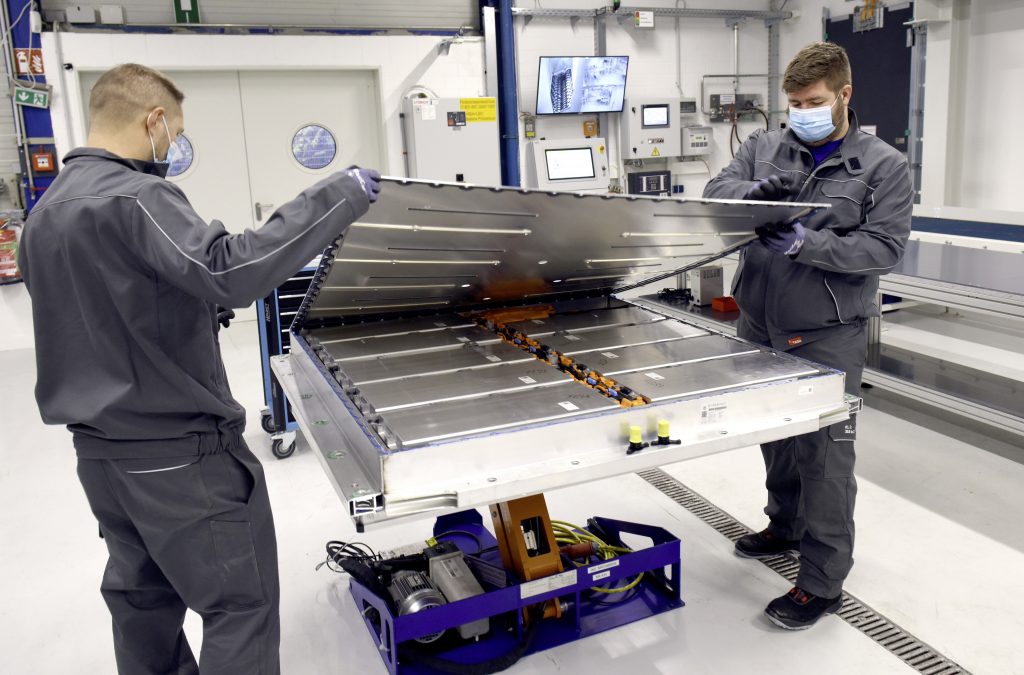Batteries are one of the most expensive components of an electric vehicle as they are made of premium materials and are a key structural ingredient of an EV.
Although a driver probably won’t need to replace an EV battery for the lifetime of the vehicle, there seems to be an anti-EV narrative amongst uninformed buyers, which states that electric cars are a bad purchase because their battery packs will need to be replaced at a great cost after just a few years of ownership.
Despite that claim being completely false, most EV manufacturers offer battery warranties that are generally for 8 years or 100,000 miles for 70% capacity, implying that the vast majority will have much more capacity than 70% after this time, otherwise, it would cost the manufacturer a fortune in warranty repairs. In fact, Tesla's statistics about its Model S and X cars, which have been around longer than many, show that its batteries have around 90% capacity by 200,000 miles.
While it is true that as batteries age and their cells degrade over time, they lose a part of their original capacity and the car’s driving range gradually decreases over time (this could be 10% to 15% in the 5th year). However, in practice, most EV battery designs are – depending on how they’re taken care of – made to be reliable for 15 to 20 years.
That said, the replacement cost of an EV battery can range from £0 to £10,000+ based on various factors. If a battery is within its warranty, then it can be replaced at no extra cost. The cost also depends on factors like an EV’s make and model and the size of the battery. For example, an EV manufactured by Mercedes, Tesla or Audi would cost north of £10,000 in battery replacement (and probably much more with the markups of these companies) whereas a Fiat 500e, Nissan Leaf or a Smart EQ would cost around £4,000.
It is also worth noting that with technological improvements and economies of scale, the cost of batteries has significantly reduced since the introduction of EVs. In 2010, the average cost of a new EV battery pack was £1,000/kWh, which in 2022 has reduced to less than £100/kWh. With EVs becoming more mainstream, the average cost is projected to hit £65/kWh by 2030, which would mean a significant reduction in the biggest cost of EV ownership.
EV buyers should also keep in mind that the prices quoted by manufacturers are not the actual costs a customer would pay for battery replacement but rather the cost if someone wants to buy a battery pack outright with no exchange or installation. If a driver does plan to replace a battery on their own, this is a great video about the process.
To avoid having to replace batteries too soon, drivers can follow simple guidelines. Ultra-rapid and rapid charging should be limited except in emergencies or where it can’t be avoided. It is also important to avoid fast charging in very cold weather since the process will use up some of the lithium metal inside the battery and decrease overall charge capacity. Keeping the battery charge below 20%. or constantly keeping the battery at 100% can also reduce its charge capacity and shorten its life. Driving at high speeds and accelerating very quickly can also drain a charge faster.
Battery maintenance varies by manufacturer, so the driver should always refer to the car’s user manual for specific tips and guidelines. The Lithium Iron Phosphate (LFP) batteries used in the latest standard Tesla Model 3, for example, is less sensitive to being regularly charged to 100%.
